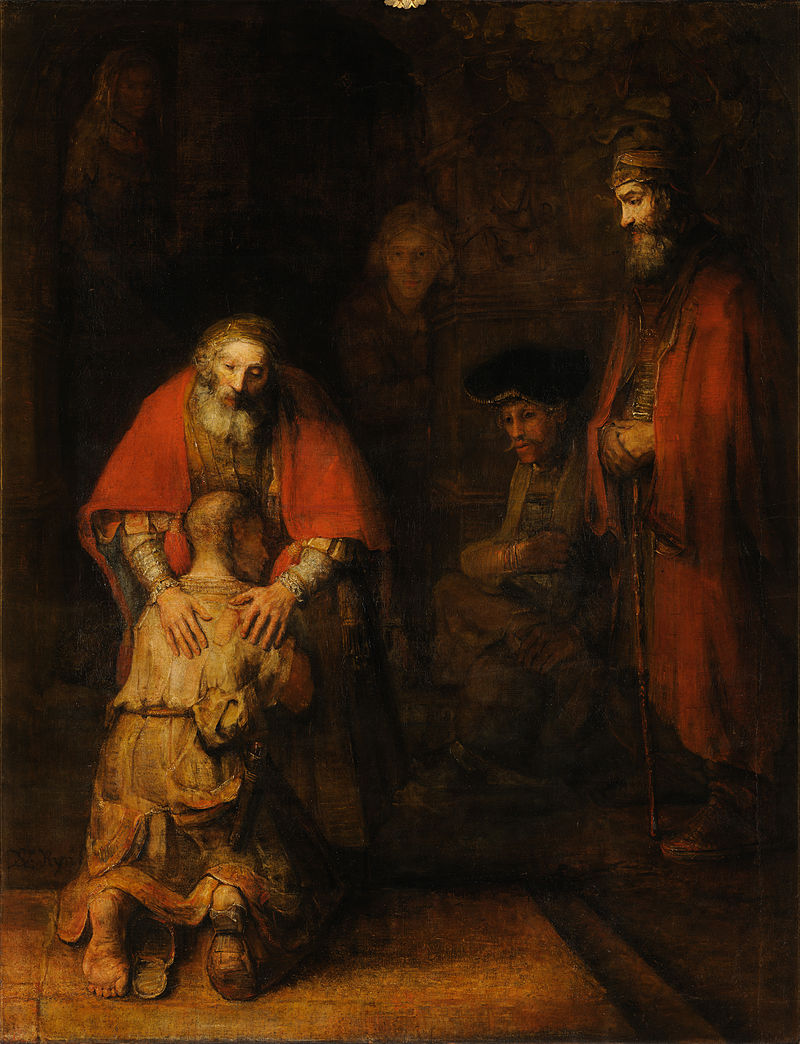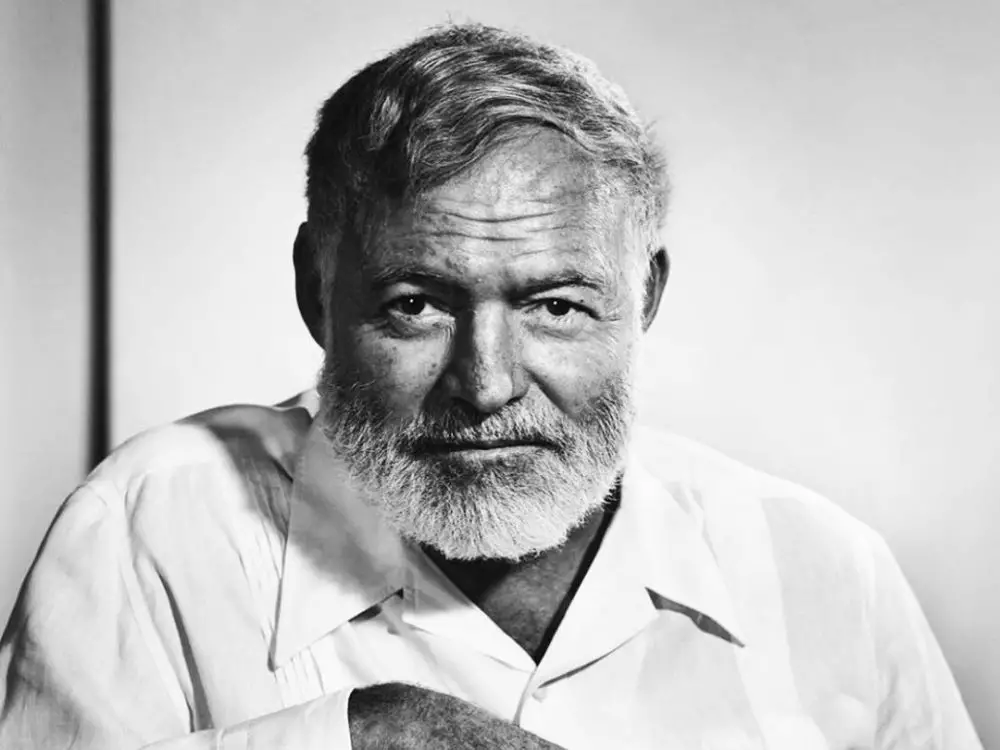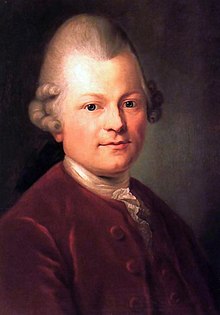Friday, July 31, 2020
Wednesday, July 22, 2020
Less likely, however, is that you've heard of Handel's "Jupiter" aria. This aria appears in Handel's Semele, a musical drama in three parts. Who's Semele? She is the god Dionysus's earthly mother by Zeus (or to use the Roman word for the chief god of the Greco-Roman pantheon, Jupiter). Now most of us would not wish to write an aria glorifying a philanderer like Zeus, and that was not Handel's intent, either. The aria of Jupiter rather serves to signify the way in which a god like Jupiter (Zeus) can, because of his immensely superior power over human beings, have his way in all earthly affairs, and the havoc this often causes.
On balance, if we believe in a god, most of us would prefer for this god to be morally upright. We would want this god to refrain from engaging in behavior which we find distasteful. But this begs the larger question: how does a god decide what is moral? And how do we know whether it is indeed moral?
When we consider Zeus's predilection for earthly women, we wonder about this even more. That is, which came first: the chicken or the egg? Was God moral before we? Or do we project our morals upon God?
It's vexing. Either way, we're only talking to ourselves. Without genuine transcendence, however, we're spinning our wheels. When therefore next you listen to Semele, consider how by reflecting our personal foibles in his behavior, Zeus/Jupiter aptly serves to undercut any thought that we can, on our own, decide what is true.
Tuesday, July 21, 2020

Monday, July 20, 2020

Friday, July 17, 2020

Wednesday, July 15, 2020
 Perhaps it is. Perhaps what Rembrandt most does for us to open our eyes a bit, to allow us to shed our preconceptions about existence, the often utilitarian way that we view being alive, to encourage us to let our imaginations roam to what could be--and what ought to be. Maybe Rembrandt is showing us how to look for more than we expect to see.
Perhaps it is. Perhaps what Rembrandt most does for us to open our eyes a bit, to allow us to shed our preconceptions about existence, the often utilitarian way that we view being alive, to encourage us to let our imaginations roam to what could be--and what ought to be. Maybe Rembrandt is showing us how to look for more than we expect to see.To see what is really there. What is, in the "Return of the Prodigal Son" pictured to the left, most working in the lives of those so portrayed: a deep yearning of transcendent presence for those whom it made.
Tuesday, July 14, 2020
Monday, July 13, 2020

Friday, July 10, 2020
 Isn't truth a funny word? Most of us appreciate it, most of us desire it. Very few of us, however, can define it. Philosophers tell us there are essentially two ways of looking at truth. The correspondence theory suggests that truth is simply that which corresponds to reality. While this seems logical enough, it raises other questions: how do we know what is real and how do we therefore know what corresponds to it? Taking a slightly different tack, the coherence theory holds that truth is the sum total of what seems apparent, logical, and right. Truth is not fixed but is rather what appears to be most correct based on the prevailing evidence. Yet how do we decide what is most correct and right?
Isn't truth a funny word? Most of us appreciate it, most of us desire it. Very few of us, however, can define it. Philosophers tell us there are essentially two ways of looking at truth. The correspondence theory suggests that truth is simply that which corresponds to reality. While this seems logical enough, it raises other questions: how do we know what is real and how do we therefore know what corresponds to it? Taking a slightly different tack, the coherence theory holds that truth is the sum total of what seems apparent, logical, and right. Truth is not fixed but is rather what appears to be most correct based on the prevailing evidence. Yet how do we decide what is most correct and right?Though I see virtue in both perspectives, I mention them to make a larger point: the necessity of truth. We need truth to be truth. Otherwise, we became like the protagonist of Ernest Hemingway's Farewell to Arms, who, in the final scene of the novel, after seeing his wife die giving birth to his child, then seeing the child die, too, "put on his hat and walked into the rain."
Unless we let truth be truth, we will be ever walking, too.
Thursday, July 9, 2020
 I do not dispute that these things are true. But such laudation is nothing more than a being congratulating herself on being herself! It has no real basis in external fact. It's praise given through the lens of the one praising. This is in large part why various scientists and philosophers have concluded that, on balance, human beings are little more than the accidental products of a lengthy evolutionary process. Outside of themselves, they have no meaning.
I do not dispute that these things are true. But such laudation is nothing more than a being congratulating herself on being herself! It has no real basis in external fact. It's praise given through the lens of the one praising. This is in large part why various scientists and philosophers have concluded that, on balance, human beings are little more than the accidental products of a lengthy evolutionary process. Outside of themselves, they have no meaning.Most of us like to think that human beings are special, even holy or sacred. If we're asked why, however, many of us will likely reply that, well, isn't it obvious? Are not human beings capable of amazing things? Are not human beings extraordinary in ways that the other animals are not? And so on.
Unfortunately, they're absolutely right. Unless there is something bigger than the human being. The Zohar, part of the legendary, and largely misunderstood, Jewish Kabbalah, makes the point that the human being is a creature, yes, but it is a creature that it is an event. The human being is an event in a drama in a world made by an eventful God.
Indeed, if the world is an accident, it's not even a play.
Monday, July 6, 2020

A few weeks ago, inspired by a Netflix series which my wife and I watched earlier this year, I decided to read Anne of Green Gables. For the uninitiated, it's a story of a girl named, naturally, Anne (a girl who always emphasizes that it is "Ann with an e") who, after being orphaned when she was only a few months old, comes to live with a brother and sister at their farm, Green Gables, in the town of Avonlea.
A bright and vivacious red head, Anne, though she initially commits a number of social faux pas(s), ends up endearing herself to the entire community. As the story ends, Anne has finished her first year of teacher training (she wants to be a teacher) and has won a scholarship for four additional years of study at an area college. However, Matthew, the brother, has just died of a heart attack. Anne then decides to stay in Avonlea and teach there so as to help Marilla (the sister) keep the Green Gables farm going. She will catch up with college later.
Over twenty years ago, my wife and I had opportunity to see the house on Prince Edward Island where Lucy Montgomery wrote Anne of Green Gables (and many sequels). As I reflect on our brief tour, I realize afresh that the idea of Anne flowed out of a world rich in natural wonder. It's a lovely house on a lovely island. So when I read the final lines of the novel, as Anne says, "God's in His heaven, all's right with the world," I see the wisdom of an observation of Romantic poet Samuel Taylor Coleridge. "Read the first chapter of Genesis without prejudice," he said, "and you will be convinced at once [of the presence of God]."
As Anne well knew, life goes up and life goes down, but as long as there is transcendent presence, life remains.
Friday, July 3, 2020
Tomorrow, July 4, America celebrates its Independence Day. It is the day in 1776 that the gathered colonists announced that the thirteen colonies would henceforth be free of the British crown. Although the pandemic will subdue the celebrations, many Americans will commemorate the day.
American writer Mark Twain once observed, "Patriotism is supporting your country all the time, and your government when it deserves it." As we read of mainland China's new restrictions on the residents of Hong Kong, the recent "election" of Russian Vladimir Putin for a term lasting until 2036, and the continuing crackdowns on individual rights in too many other parts of the world, we have new reason to consider the wisdom of Twain's assertion.
Theologies of God and rulers notwithstanding, in these days of celebrations of "freedom," we do well to realize that although there is not a nation standing apart from the eternal agency of God, it is nonetheless up to us to construct the governments that rule them.
Freedom is not to reject all commitment and responsibility--that's fatuous--but rather to dedicate ourselves to the greater good of all.
Thursday, July 2, 2020
Our Jewish brethren often use Ein Sof to describe God. God is so big and so incomprehensible that, they tell us, we're better off calling him simply "the infinite." Regardless of how you might feel about God, you must admit the wisdom of this insight. If God exists, and if he is worthy of our attention, then he must indeed be a presence whose magnitude immeasurably exceeds our own.
Otherwise, he wouldn't be much of a God, would he?
Wednesday, July 1, 2020
Gotthold Lessing, one of the leading lights of the Western European eighteenth century Enlightenment, once said that,
"If God were to hold all Truth concealed in his right hand, and in his left only the steady and diligent drive for Truth, albeit with the proviso that I would always and forever err in the process, and to offer me the choice, I would with all humility take the left hand, and say, ‘Father, I will take this one—the pure Truth is but for You alone’!”
What are we to make of Lessing's words? If you've seen the movie "Matrix," you may recall a scene, early on in the movie, in which "Neo" meets "Morpheus." After inviting Neo to sit down, Morpheus holds out his hand. In it he has two pills. One is red, the other is blue. If you, Neo, take the blue pill, Morpheus says, your life will remain exactly the same. But if you take the red, he says, you will enter into a journey in which you will see no end.
As anyone who has seen this movie knows, Neo takes the red. And his adventure begins. Think about Lessing's "left hand" as the red pill, and "Truth" as the blue. Though Lessing respects God's truth, the blue pill, he would rather have the red pill: the journey.
We walk a delicate line between searching for truth and knowing that it is already there. But we cannot do otherwise: we're human beings.